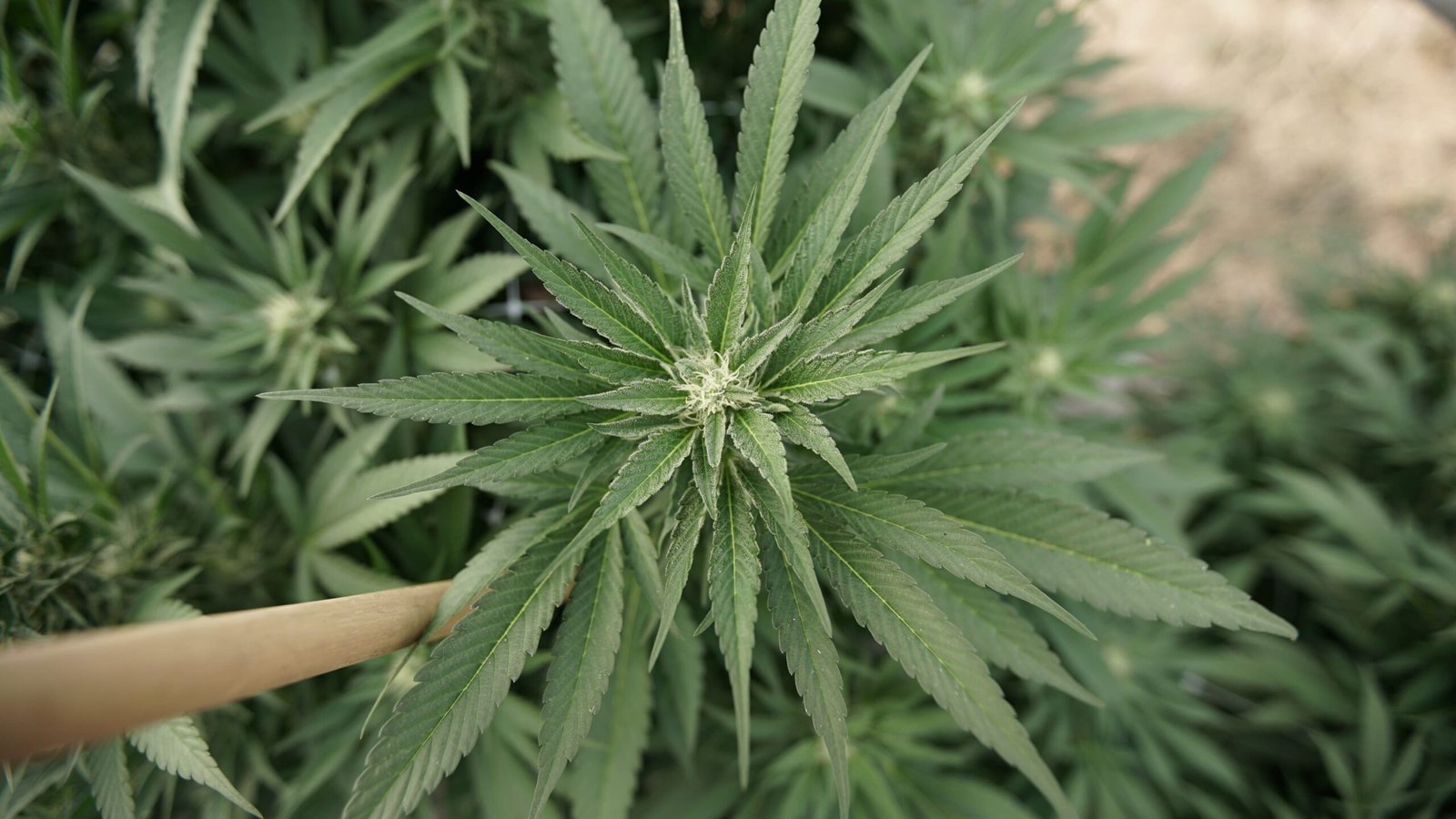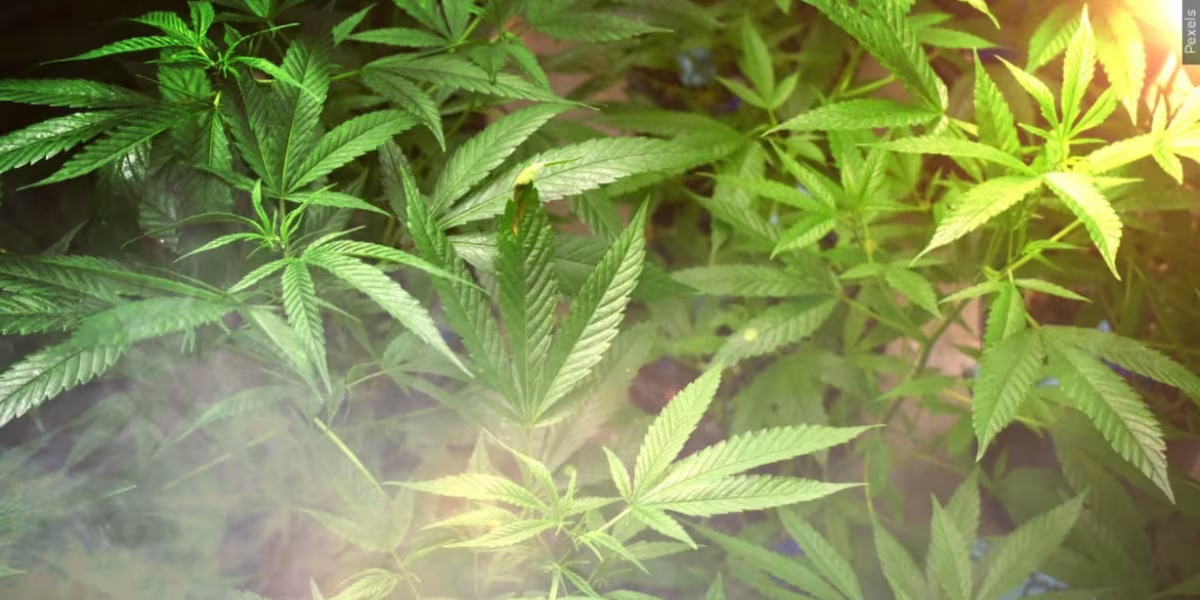Lawmakers in Hawaii recently approved a bill aimed at speeding up the expungement process for individuals looking to clear their records of past marijuana-related offenses. The measure, known as HB 132, was introduced by Rep. David Tarnas (D) and is designed to expedite expungements through a pilot program that was established last year by Governor Josh Green (D). The state Senate passed the bill with a 21–1 vote after it had sailed through the House without opposition in late February.
As of mid-December 2024, the Hawaii Criminal Justice Data Center (HCJDC) had reviewed 640 cases and granted 81 expungements under the pilot program. According to the advocacy group Last Prisoner Project (LPP), there are 112 cases pending expungement and 414 cases still under review. LPP noted that a technical complication has made the implementation of the expungement pilot program more challenging than anticipated.
LPP explained that the records do not consistently differentiate between marijuana offenses and other Schedule V drugs under state law. This lack of clarity forces HCJDC staff to manually sift through arrest and court records, which significantly slows the process. HB 132 aims to solve this issue by eliminating the distinction between marijuana and other Schedule V substances for the purposes of expungement.
If Governor Green signs the bill into law, it could eliminate the need for extensive manual searches and help ensure that more individuals receive the relief they deserve without unnecessary delays. LPP emphasized that expunging non-conviction cannabis-related arrest records is crucial, as it removes barriers to employment, housing, and other opportunities for many individuals affected by these records.
The pilot program was part of broader legislation approved last year, known as HB 1595, which was also introduced by Tarnas. Its original goal was to automatically expunge tens of thousands of arrest and conviction records for low-level marijuana possession across the state. However, the Senate Judiciary Committee later amended it to focus solely on non-conviction arrest records in Hawaii County, which is home to about 14 percent of Hawaii’s population.
Adrian Rocha, director of policy for LPP, has urged Governor Green to sign HB 132 quickly. In a statement to Marijuana Moment, he indicated that enacting this law would help streamline the state-initiated expungement process established by HB 1595 (Act 62) and ensure the clearing of thousands of cannabis-related criminal records.
Rocha pointed out that since 2021, LPP has been working in Hawaii to provide retroactive relief for those affected by cannabis prohibition. Despite challenges faced in this legislative session regarding cannabis issues, he expressed gratitude that lawmakers are still supporting measures for retroactive relief. He also acknowledged Tarnas’s leadership and mentioned that LPP would continue to utilize its position on the Clean Slate Task Force to develop a comprehensive record clearance program building on the successes of these bills.




